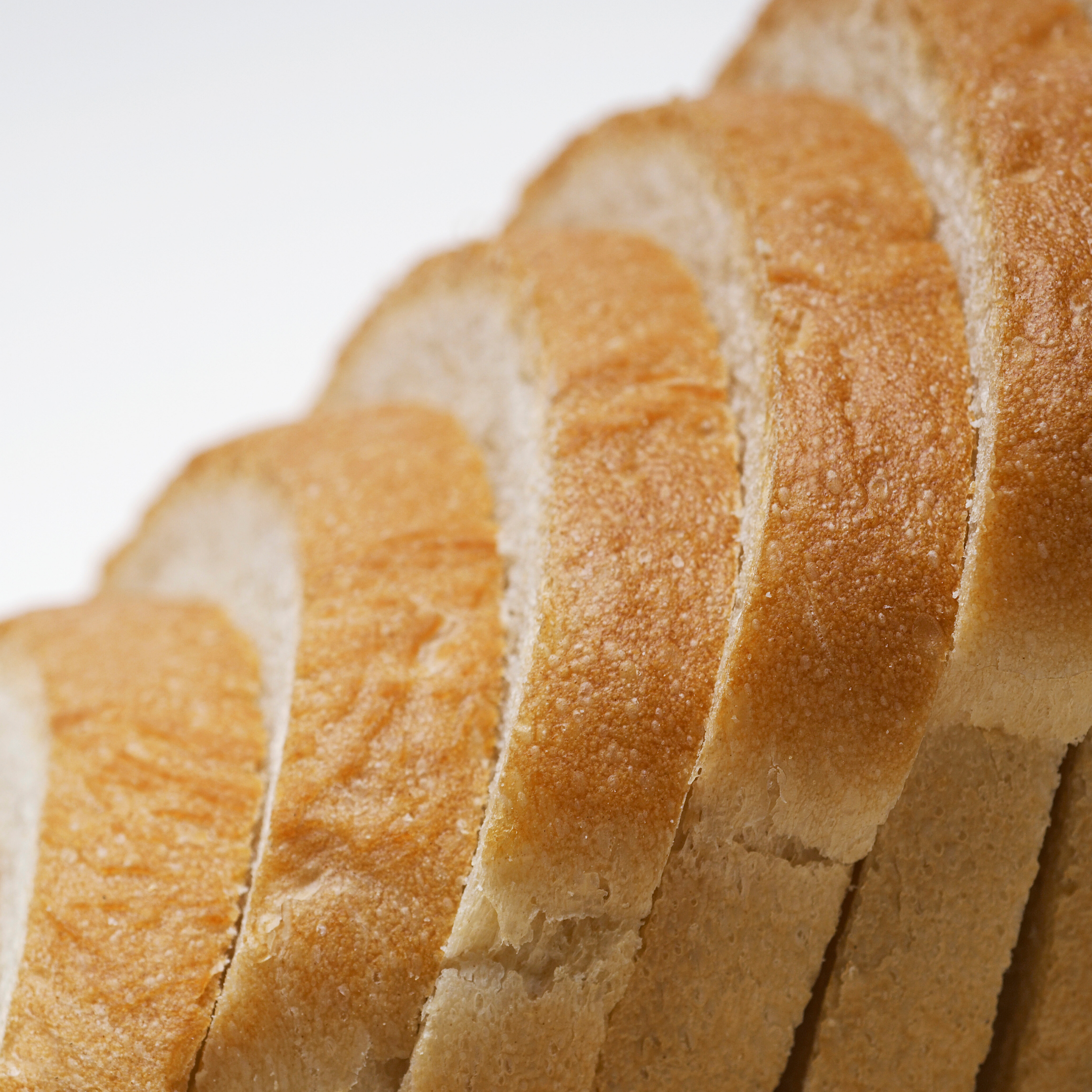On a chilly Saturday in mid-October, I walked into town to visit the Dartmouth Food Festival. The town was packed with people. I walked past stalls selling venison, seafood, flavoured vodka, and a whole lot more. On one street corner, some kind of Greek barbecue emitted copious quantities of smoke and the smell of cooked meat. The people in attendance were busily engaged in buying and sampling. Everywhere I looked, there was food in abundance.
A few days later I paid a visit to the Dartmouth Food Bank. I wanted to get a sense of the extent of food poverty in Dartmouth, what is being done to alleviate it, and what the challenges are going forward. The Food Bank operates on a Wednesday at the Ivy Lane Centre, and I was able to talk with Anna Brownlow and Jonathan Hawkins to discuss the work they do. The food bank, they explained, is a crisis service with only a few long-term clients. Clients are referred from agencies such as the Citizens’ Advice Bureau and local charity Dartmouth Caring. Referrals are valid for six weeks, and can be renewed beyond this period, but most clients are able to resolve their situation and go on their way. Said Jonathan, “We’ve never, in all those years, ever turned anybody away.”
The reasons for individuals and families needing the help of the Food Bank range from seasonal unemployment and zero-hours contracts to the five-week wait for claimants of Universal Credit. The transition from previous types of benefit to Universal Credit has also been a cause of hardship. When these circumstances do arise, clients are able to receive from the Food Bank a food parcel consisting of dried and tinned goods such as pasta, rice, tinned fruit and vegetables, biscuits, tea, and sugar. The Food Bank is unable to provide fresh food or ready meals. “We haven’t the facilities,” Anna told me. Indeed, suitable premises are the Food Bank’s number one issue moving forward. “There’s not enough space for us to work properly or keep stock control of the food that’s donated to us.” In addition, a recent refurbishment of the Ivy Lane Centre has meant that there are currently no chairs or tables, leaving volunteers and clients without a space to sit and talk. “We would love a more friendly place to meet.”
In spite of the challenges, however, the Food Bank persists, and Anna is pleased with the response they have seen from the town once the scale of the problem has been made clear. “I think people often don’t appreciate that for quite a lot of families and individuals it can be a very close call from month to month as to whether they’re going to survive financially… A real challenge can tip them into not having enough money for food, into possibly having to borrow, or raise a loan, or go into debt,” she told me, adding that, “People appreciate that when they’re told about it.”
On the same day, I visited the Pantry at the Flavel church, which also provides food to those in need, as well as toiletries and sanitary products. Deborah Stone outlined for me the reasons they see people coming to them for help: Recent unemployment, low incomes, waits for benefits, and relationship breakdowns. Unlike the Food Bank, the Pantry has the facilities to store frozen food, and on the day I visited there was a table of leftover bakery products from Marks & Spencer. One interesting innovation I was shown was a printed token that individuals can bring to the Pantry allowing them to receive food without having to ask, thus reducing the stigma attached to seeking help. There is also a novel scheme which allows patrons of the Flavel’s coffee lounge to “pay it forward” when they buy a tea or coffee – that is, to pay for a hot drink for someone who comes in to make use of the Pantry. As well as all of this, the Pantry, Deborah explained, is trying to work in conjunction with the Food Bank and the Community Hub to address poverty in Dartmouth together. She recommended that I pay a visit to the Hub to see the work they have been doing at the other end of town.
The Community Hub operates out of the Townstal Community Hall on a Friday. On the day I visited, there were maybe a dozen people or more people in the hall chatting, drinking tea and coffee and perusing a jumble sale. In the kitchen, volunteers were preparing a meal. I caught up with Dawn Shepherd, who talked me through the work the Hub is doing in the community. She reminded me that food poverty was just the start of the problems to be addressed in town: other forms of hardship, such as fuel poverty and lack of money to repair broken white goods are also prevalent, and require specific efforts. For example, she said, the Dartmouth Community Chest helps those in need gain access to working white goods, and a recent school uniform swap at the Hub allowed families to access uniforms that they otherwise would not be able to afford. Like the Food Bank and the Pantry, the Hub relies on volunteers to carry out its efforts. “If all the volunteers pulled out, I just don’t know what would happen,” said Dawn. Fortunately, thanks to the work of those volunteers, the Hub is able to provide a meal, signposting to other services, and access to outside agencies such as Citizens’ Advice.
The causes of poverty Dawn cited were by this point very familiar: Seasonal unemployment, debt, and marriage breakdowns, as well as a lack of local services. Universal Credit and the wait to receive payments were also named. When I asked what she thought needed to be done by politicians to help relieve poverty, Dawn had an immediate answer: First, scrap Universal Credit: “It doesn’t work,” especially in rural areas where seasonal unemployment sends people back to the Jobcentre every winter. In addition to this, Dawn wants to see services returned to the town, especially mental health services, which are sorely lacking. While there is poverty like this in Dartmouth, she told me, the government should “hang its head in shame”.
My journey through the town’s poverty relief efforts was both heartening and dispiriting: Heartening, because of the continued efforts of the community to look out for those of its members who are in dire straits, but dispiriting because of the great gulf that exists in Dartmouth between those in poverty and those who can afford to spend a weekend buying appetising goodies at the Food Festival. As Deborah pointed out to me at the Pantry, the Food Festival is now trying to accommodate those who have less, putting on free events such as the Children’s Tea Party and the Community Corner’s Leftover Lunch. And undoubtedly the Food Festival pours money into the town’s economy and brings a lot of pleasure to those who are able to enjoy it. But the contrast between these parallel worlds, the world of excess and the world of shortages, remains stark in my mind. It is as though there are two Dartmouths living side-by-side, one affluent and comfortable, the other simply trying to make ends meet. Perhaps it is too much to hope for, but most of us would surely wish that this needn’t always be the case. “Dartmouth is a generous town,” Anna told me. If we were feeling optimistic, perhaps we could allow ourselves to hope that this generosity will not always be needed.

You can join us on our social media pages, follow us on Facebook or Twitter and keep up to date with whats going on in South Devon.
Got a news story, blog or press release that you’d like to share or want to advertise with us? Contact us




























